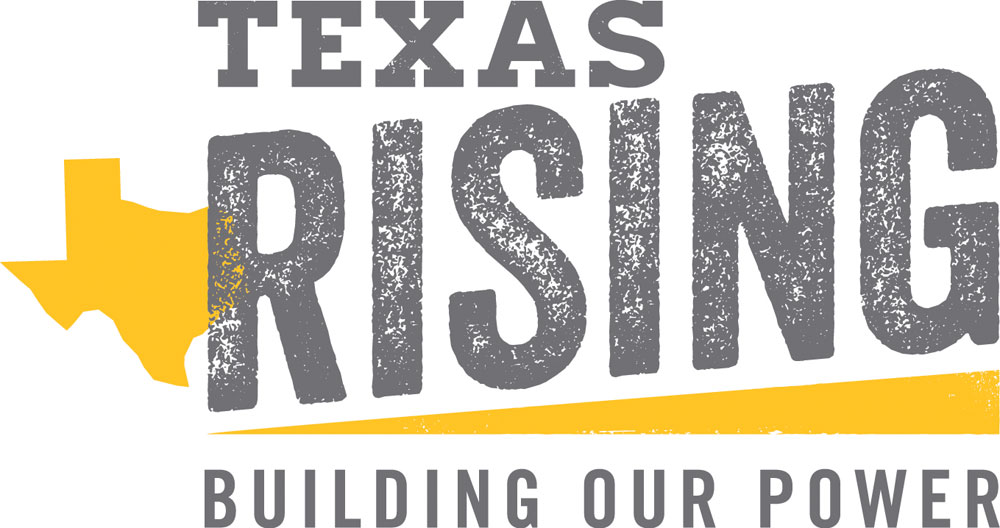
May 19, 2020; CNN and Facing South
In January, voting rights organizations were looking forward to large voter registration and mobilization campaigns on college campuses across the country. Now, with a pandemic immobilizing on-the-ground outreach efforts and transforming the college experience, a change in tactics is warranted.
Face-to-face engagement has long been a preferred method for registering young and new voters. While voting rights groups bemoan the loss of this popular outreach strategy due to the coronavirus pandemic, they’ve already begun pivoting to reach future voters where they are: online, on their phones, and in their homes.
“The way to do that is really by reaching out to them on social media platforms, calling young people, and talking to them about why it’s important to get involved as well as texting people,” Texas Rising Director Rae Martinez tells Facing South, noting the positive response to text messaging from younger generations.
Texas Rising is part of the Texas Youth Power Alliance, a coalition of nonprofits aiming to register 300,000 new voters statewide before the November general election. That goal is much more challenging with in-person engagement stunted by the pandemic. And, despite an emphasis on online outreach, the absence of online voter registration in Texas presents an additional obstacle. The Alliance groups are sending voter registration forms with prepaid postage to those who have had to vacate college campuses as a workaround.
Texas isn’t the only state seeing innovative approaches to engage youth. NextGen Florida, a chapter of former Democratic presidential candidate Tom Steyer’s NextGen America voter mobilization nonprofit, hosted a virtual drag show via the online streaming channel Twitch. Event emcee and popular Orlando-area drag queen Axel Andrews told attendees to make sure they registered to vote.
Sign up for our free newsletters
Subscribe to NPQ's newsletters to have our top stories delivered directly to your inbox.
By signing up, you agree to our privacy policy and terms of use, and to receive messages from NPQ and our partners.
“[It] makes you feel good about yourself, that you have taken your voting rights to heart, and that you are able to use those rights,” he explained.
The largest recorded block of young voters for a midterm election in a quarter-century cast ballots during the 2018 midterm elections. The importance of in-person outreach in achieving this growth cannot be understated. NextGen North Carolina alone went door-to-door, adding an estimated 32,000 young voters to the rolls, and organized on 16 campuses to encourage participation from young voters that same year.
Online engagement, phone calls, and text messaging were also part of the 2018 strategy, of course, but face-to-face conversations yield more personal investment and can help navigate the complexities of state voting regulations. First-time voters might not understand identification and residency requirements for registration, for example, or how to locate and access their nearest polling place, especially if they lack reliable transportation. ID laws complicate matters further; even though it has streamlined its online registration process, North Carolina’s Department of Motor Vehicles still requires a state-issued ID for voter registration, a policy that disproportionately affects communities of color.
Eleven states do not currently allow online voter registration. (As mentioned, this includes Texas, the country’s second-most populous state). According to Antonio Arellano, interim executive director of Latinx community organizing nonprofit Jolt Texas, the inability to register online both jeopardizes democracy and disenfranchises new voters. Advocates have further argued that online registration is integral to upholding individuals’ constitutional voting rights during a public health crisis.
Fortunately, organizations like Jolt, Texas Rising, NextGen, and others continue to encourage voter registration with the tools they have. By using immersive video games like Animal Crossing and digital apps like Snapchat, we’re witnessing creative shifts in engagement that will no doubt endure beyond the pandemic.
But more can be done. This includes eliminating cumbersome ID laws; reevaluating absentee ballot restrictions including those that discriminate by age; and allowing online and same-day registration while encouraging voting practices that protect the public health, such as universal mail voting. Philanthropy, meanwhile, can support advocacy efforts in these areas, much like private foundation Democracy Fund is doing with organizations directly involved in early voting, vote by mail, and equitable access.
The systemic inequities we often analyze at NPQ have flourished under the Trump administration. The 2020 general election can serve as a referendum on four years of corrosive policies, but only if we vote. Young people, many directly impacted by the pandemic through virtual graduations and mass layoffs, have much to add to the national conversation. Let’s make sure they’re able to vote in November.—Drew Adams













